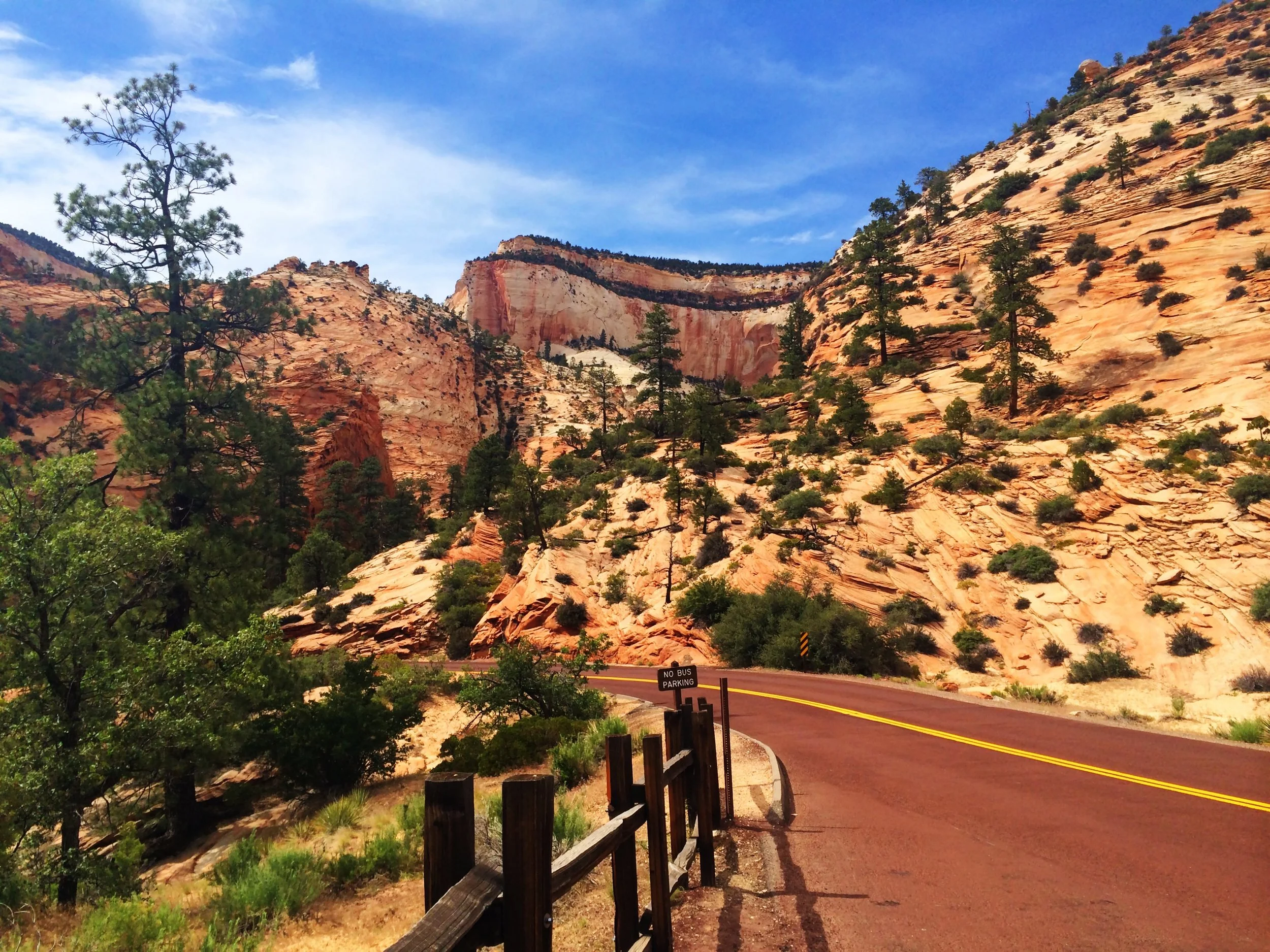Disclaimer: This review may be more recap than critical essay. The following may contain spoilers. Or maybe not. It is quite possible I misremembered key plot points. I have only seen the film once, on a small airplane screen at 35,000 feet, sleep-deprived and under the influence of any number of legal substances. Everyone’s a critic. But inflight entertainment is a safe space where the options are nonthreatening and your expectations low. Skip or screen, the choice is yours.
The Longest Ride (2015)
Director: George Tillman, Jr.
Writer: Nicholas Sparks (novel), Craig Bolotin (screenplay)
Cast: Scott Eastwood, Britt Robertson, Alan Alda, Oona Chaplin, Jack Huston
Runtime: 128 minutes
Tomatometer: 30%
My Ambien-aided/inhibited analysis:
We’ve all come to know what to expect from a Nicholas Sparks movie. Honestly, I do not know if he even writes books anymore. He may just start with the screenplay. (In fact, for The Last Song, he did write the screenplay first, then went back and wrote the book.) All his characters exist in the same universe somewhere in the unidentified south. All his stories recycle the same tired, familiar beats: boy from the wrong side of the tracks meets girl out of his league. Boy pursues girl. Boy and girl fall in love against all odds. Boy and girl are torn apart by forces beyond their control: disapproving parents, wartime, run-ins with the law, sometimes all of the above. Lives are lost. Tears are shed. And, in the end, they reconcile and we’re led to believe that boy and girl will live happily ever after.
The Longest Ride juxtaposes two such idealized love stories. With so many of these plots at his disposal, he can just toss off two in one movie. In the present, Scott Eastwood romances Britt Robertson following a brief encounter at a rodeo where Eastwood, competing as a bull rider, breaks bones and hearts. One stormy night, they happen upon a car and driver that swerved off the road. Alan Alda is rushed to the hospital. Robertson grabs the box of handwritten letters left behind on his passenger seat. We learn, as Robertson reads the letters aloud to a concussed Alda, that in his youth he was the male component in the other love story. A story uniting another gorgeous couple played by Charlie Chaplin’s granddaughter and John Huston’s grandson.
Scott Eastwood is by no means a great actor. These failings aside, I am not immune to his charms. Those piercing blue eyes, those abs. The construct of the female gaze was meant for men with his chiseled features. That being said, I found the pairing of him and Robertson off-putting. They almost look related. That, and the B story is much more compelling; the acting superior; the chemistry more electric. Chaplin and Huston infuse their roles with the oldschool maturity and interesting elocution that you seem to only find in period pieces. I do not remember the details of their love story. I think they met at a church gathering or some other wholesome activity. They were friends before anything else. Maybe he went to war. He finally made his move, then they were together forever. Or at least until she passed away, and then only the letters remained.
Back in the present, the girl is a young professional offered a high-profile job in New York. The boy is mounting a comeback from an almost career and life-ending injury. He cannot imagine another life beyond the rodeo. She is ambitious with plans of her own. She cannot idly sit in the stands and watch him get injured or worse in that arena. His life and love on the line, he has to choose between eight seconds of greatness or the elusive happily ever after. In a genre- and gender-bending twist, the key to making it work with the girl of his dreams is to risk nothing, to give up on a dream and career that, until now, was the only thing in his life worth fighting for. Do not be fooled by how well he cleans up for a fancy cocktail party. He is the wild bull that cannot be tamed.
Alan Alda offers the young lovers predictable wisdom. He speaks in universal truths. Why does being older and concussed suddenly make him so wise? Our young lovers predictably reunite at the hospital. Did he use his death to bring them back together? Was this his plan all along? Did he leave them something in his last will and testament? Or am I confusing this picture with Best of Me? It doesn’t really matter. If you have seen one Sparks movie, you might as well have seen them all. And these movies are not all worth watching. (I am working on a definitive ranking.) They are not good or artful. They lack nuance and diversity, only telling stories of white hetero-normative relationships. They are out of touch with the universe in which we live. The dialogue is clunky, the conflicts contrived, and the suspense overwrought. Even The Notebook, universally accepted as the best of the bunch, only gets by on the charm of its young leads and the retrospective knowledge that McAdams and Gosling are also falling in love in real life. (Editor’s note: To this day, I admit to watching on a loop their perfectly choreographed “Best Kiss” acceptance speech at the MTV Movie Awards. Life imitating art imitating life.) For all its flaws, and there are many, The Longest Ride moves quickly through its paces and offers easy viewing for those longer flights. And should you fall asleep somewhere in the middle, rest assured, you are not missing much.

